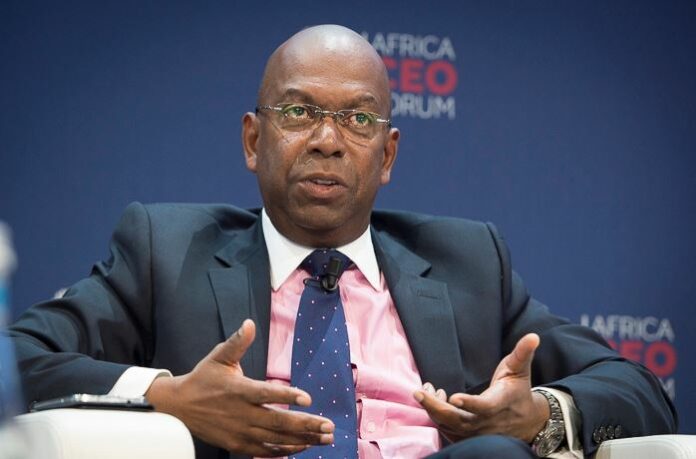Both sides of the debate reflected the massive deficit of Trust in some of the systems that guide our societies – be they government or business.
Specifically, an increasingly disenfranchised middle class find themselves unable to reconcile their (lack of) economic prospects with those of big business, who they perceived to be the biggest beneficiaries of Globalization.
Put simply, they do not believe in the benefits of Globalisation.
When big business declares its profits, it can be hard to relate to as there is little to no direct personal impact.
This perceived gap between the ‘have’s’ and the ‘have-not’s’ was the biggest factor driving the Brexit debate.
But there is an opportunity to create a new world order that is based on more trustworthy business practices.
Today, more consumers believe that businesses have the ability to take specific actions that can both increase profits and improve the economic and social conditions in the communities in which they operate.
For instance, I am often asked what has made the mobile money transfer service M-PESA so popular in Kenya and some parts of the world.
There are a number of unique and titillating factors, but at its core, the service owes its growth to the deep Trust that our customers have in our brand.
This belief has enabled them to entrust their savings to our platform, allowing the service to act as a ‘digital match-maker’ pushing a wide range of economic and social transformation.
For individuals, businesses and government, it is becoming increasingly clear that Trust is the only asset that will make all other investments truly matter.
Good corporate leaders have the ability to rebuild trust not only in their businesses, but also the societies in which they operate.
Research shows that companies with high levels of Trust enjoy better shareholder relations, superior profits, and better retention of key employees.
The 2016 Edelman Trust Index measures how impactful Trust can be on a business’ output.
The global survey finds that its respondents believe companies are relatively more Trustworthy than governments or civil society.
So why do we need to invest in Trust?
It is just the right thing to do.
Three ‘Do’s’ To Build Trust
- Be Authentic – People are more likely to Trust you if you are honest and transparent.
- Be Inclusive – Embrace and engage all your stakeholders to build value for them. Include them in your growth strategy to ensure no one is left behind.
- Be Constant – People trust in the consistency of continuous effort to uphold trust. Demonstrating a clear commitment to meet certain goals will translate to believable action.











